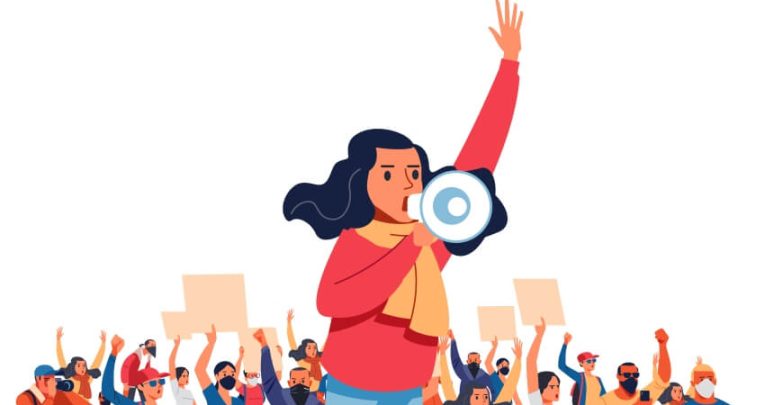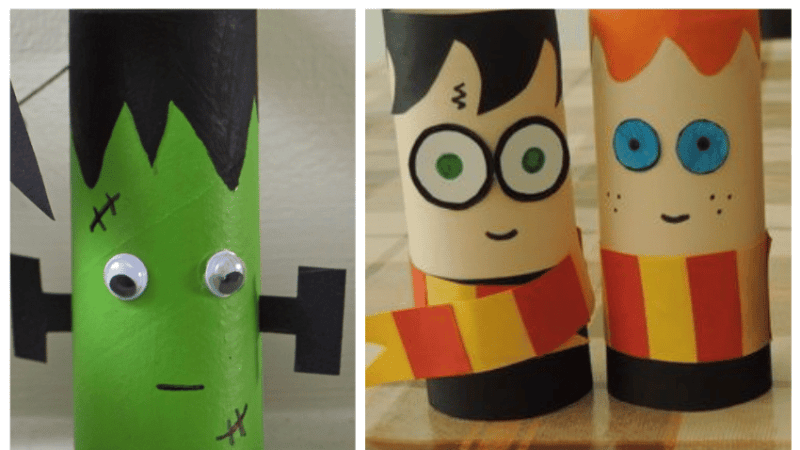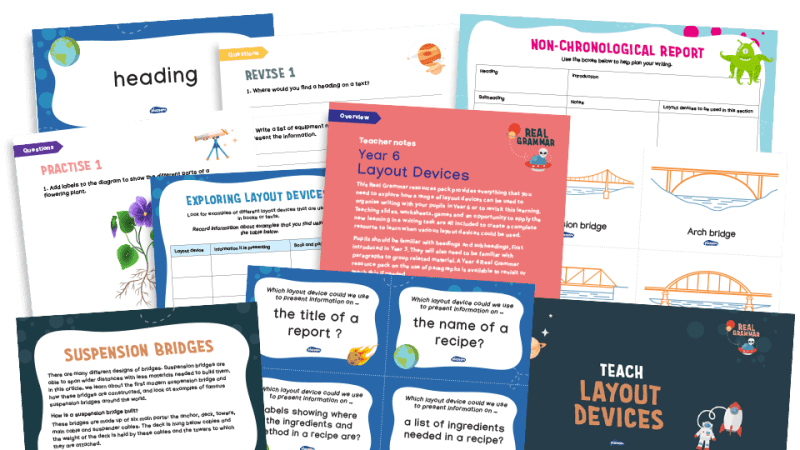Student activism – Why not make it a learning opportunity?

A.M. Dassu makes the case for why important lessons can be learnt by
allowing students to channel their energies and enthusiasm into causes
they believe in

- by A M Dassu
- Internationally acclaimed author of children’s books Visit website

How would you feel if your mobile phone were to be confiscated? If you weren’t allowed to wear that favourite red jumper of yours any more because one of your work colleagues ‘finds it offensive’? As an adult, how would you react?
For a student, their mobile phone can be the only valuable thing they’re responsible for. Using it as an example of what it’s like to have your rights violated can therefore be a powerful way of helping them understand the notion of injustice in different contexts around the world.
Effecting positive change
Young people have very little control over their own lives. They can’t choose where they live or who they live with. They often can’t walk away from the circumstances surrounding them, and can’t change the ways in which their identity is perceived or stereotyped by others.
When an issue emerges on a global, national or even community level that ultimately impacts upon their future, they might feel that they have even less control or influence. This is why it’s important to give young people the tools they need to feel empowered, and show them that even in less than ideal circumstances, they can still use their voice to effect positive change.
Right now, they might feel that their actions can’t have any direct impact upon restrictions to their rights, climate change or even immigration laws – but we can show them that their opinions and voices can at least help to bring about change, and we can do this initially in school.
My novel Fight Back shows how that’s possible. Fight Back is about finding your identity and finding the courage to fight for it, without allowing others to define you. The story shows how when we come together, our voices become louder and make us stronger in the face of hatred and injustice.
It shows that awful things do happen, but that with hope and courage and through working together, we can empower ourselves to turn things around. Fight Back explores what it means to be be a good friend and ally, and that there will always be someone out there who can empathise with you, and who will be willing to work beside you to make things better.
Peaceful protest
It’s a story based on my own experiences which I hope will inspire readers, and perhaps empower them in knowing that an individual can begin to make a difference by first speaking up. By doing that, you empower others too. And that’s how change happens.
My hope is that it will inspire children to safely question some of the decisions made on their behalf both at home and in school, show how you don’t always have to accept the status quo, and how it’s possible to challenge hateful views.
By speaking up, you can become part of a community. Through peaceful protest, you can start to make a difference. Sure, you might not change things immediately, but you will start a conversation. And that’s important.
Most schools have Student Councils in place, but we can perhaps go further by encouraging discussion around areas that affect marginalised communities, while also building empathy within the school community itself. Ask your students how they themselves would look to deal with bullying and violent behaviour. Which clubs and activities would they like to see that are inclusive?
This kind of positive activism will give them the ability to see things from others’ perspectives, and further develop their understanding of people and events on a global level.
Positive activism can also help young people to feel seen, and potentially recognise that they’re not alone at school, which can in turn lead to the growth of solidarity. So how can you encourage student activism in a way that helps bring about these kinds of positive and productive outcomes?
Part of a bigger fight
Show your students how they can use their privilege – be it based on wealth, education, social standing or influence – to empower others. Help them understand that we all have a voice, and that some of us can use that voice to give support to others who need our help.
Encourage students to always ask questions whenever they see something unfair or unjust. Show young people they’re never too young to be an ally; that they can talk to others about how to be a good ally, and about what is just. Encourage students to learn about the history of their community, the ways in which it was shaped by the actions of activists and how those activists made progress. What practical steps did they take?
Remind your students that they’re very much not alone when it comes to standing up, being an ally or fighting injustice. Show them that there are many groups working together to amplify their voices.
Support students in sharing their work across the school, and perhaps online too. Explain that it’s good to discuss issues with like-minded people, but that it’s also good to engage with people who might disagree with you, so that they can develop an awareness of how and why their opinions, beliefs or behaviour can affect others.
There are many ways of being an activist. It certainly doesn’t have to BIG and BOLD. Instead, show students it can sometimes involve being part of a bigger fight, whether it’s showing up at protests and marches, writing to politicians or supporting broader community efforts.
Show them how white people supported the civil rights movement against racial segregation, and how men were also calling for equal rights as part of the women’s suffrage movement. Make them aware that they too can make a difference by becoming an ally, putting themselves in someone else’s shoes and understanding that when we see injustice, we can only make a real difference by stepping in and speaking up.
A.M. Dassu is the acclaimed author of Boy, Everywhere, previously listed for 25 awards including the Waterstones Children’s Book Prize and the Carnegie Medal; she is also a director at Inclusive Minds – an organisation for people passionate about inclusion, diversity, equality and accessibility in children’s literature. Find out more by following @a_reflective or visiting amdassu.com
Fight Back is available now (£7.99, Scholastic)







